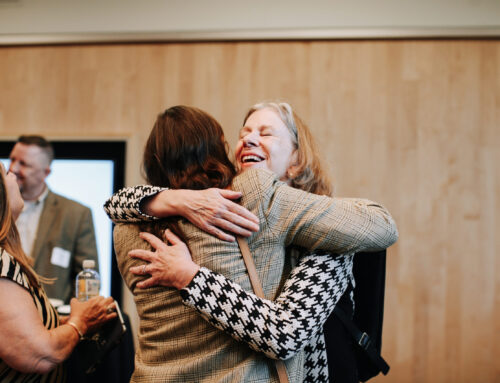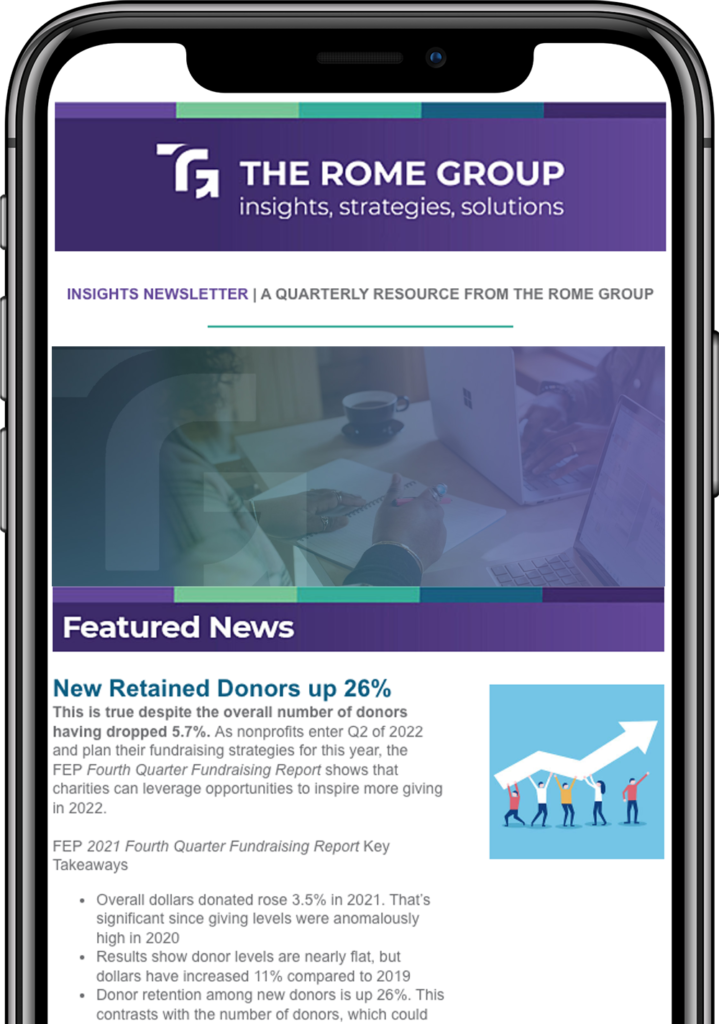By Nikki Goldstein, MSW
Consultant | Operations, Management, Board Development, Executive Coaching
I clearly remember my first day on the job as Executive Director of a nonprofit. All those years ago, it still sends chills down my spine. When you’re a new employee, it’s usually your supervisor that welcomes you- shows you around- where the restrooms are, introduces you to colleagues or clients. But here I was, without a staff supervisor- I was technically everyone else’s supervisor and thought, now what?
Fast forward to being in the Executive Director position for months or years knowing my job well- the roles, responsibilities, the players, the challenges. Days are filled with a mixture of successes and setbacks, frustrations and fun, impactful work and rote tasks.
Yes, yes, I hear you thinking- these are the realities of work for us all. However, at a nonprofit organization, the Executive Director position is singular and unique. How so?
- The ED doesn’t have internal colleagues in the same way that other staff members have. Good relationships? Yes. Friendly ones? Yes. Kind and caring interactions? Yes. Let’s complain about work over coffee? No.
- The ED is always “on”, never truly just one of the gang. See above.
- The ED will be the one to shoulder leadership responsibilities. There will be times when difficult and unpopular decisions will need to be made and implemented. Situations when total transparency isn’t possible or ethical. Instances where the “bigger picture” isn’t clearly seen by others. The ED will bear these burdens alone.
- The Executive Director is responsible and reports to the board of directors.
- Their boss rotates – maybe with only a two-year term, the ED is supervised by a volunteer who most probably has a demanding career of their own. Regardless, can you confidently and comfortably share all your angst with your supervisor? Should you?
But don’t be discouraged. Having the responsibility and authority to improve the human condition and conduct business effectively and ethically (and to be paid for doing so) is worth the effort.
There are numerous tools and resources available to support those who are in the non-profit Executive role. Here are just three ideas to consider.
Find a professional friend and colleague.
Who do you know or who would you like to know? Reach out to another nonprofit professional who works in an organization that is not operating in the same realm as yours. This gives you some safe space to share in a way that isn’t possible with people at your own workplace.
An acquaintance who is ED of a one-person non-profit told me that she and her “designated friend” would choose a professional development webinar to watch concurrently on a topic relevant to both and then discuss.
Join a supportive group.
This one is easy.
The Rome Group convenes and facilitates two groups for non-profit Executive Directors. Each meet-up is held via Zoom once a month, with one geared towards organizations with annual budgets under $2million and another for those with budgets over that amount. Participants mold the discussions on topics of interest and share information and insights. It is a service that The Rome Group provides to the sector, and therefore it is offered free of charge.
Email Alice Squires – alice@theromegroup.com if you’d like to participate.
Seek a mentor. An official mentor. A coach.
At various times in my tenure as Executive Director, I found it worthwhile to engage with an executive coach. These were time limited arrangements, usually around a set of specific issues that I was finding particularly challenging, or areas that I wanted to grow as a professional. The benefits and outcomes varied, but in each coaching relationship I gained new perspectives, received honest feedback, learned strategies, and found strength.
Leadership of any kind requires special roles and responsibilities. Being a non-profit Executive Director is a unique leadership role that brings its own challenges related to finding support, collegiality, and guidance- and creative, sharable, sensible solutions are possible.






